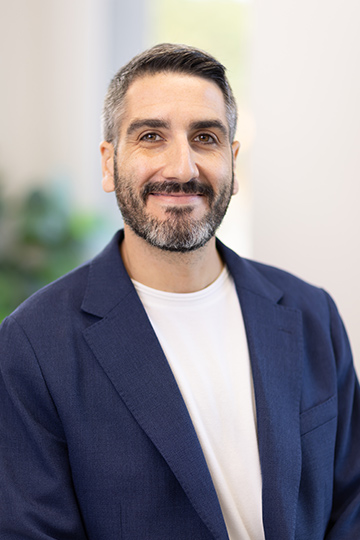May 4, 2023
Depth Recovery Counseling: Exploring the Symbolic Meaning of Addiction
Reductive Approach vs. Symbolic Perspective
The treatment of neurosis often involves the “reductive” approach, as proposed by Sigmund Freud. This approach focuses on answering the question, “why?” – why do individuals engage in destructive behaviors or suffer from debilitating emotions? Freud believed that most of these issues stemmed from childhood trauma. Substance abuse counselors grapple with the same question, but it’s important to also consider “what for?” and “where is this leading me?” Unlike Freud, C.G. Jung was more interested in exploring symptoms in symbolic terms, which is the foundation of depth recovery counseling.
Depth Recovery: A Jungian Approach to Addiction
Depth recovery is primarily Jungian, as it aims to discover the symbolic meaning of addiction. It seeks to understand what the addictive behavior is attempting to bring into conscious awareness that the ego will not allow or accept. Traditional substance abuse treatment, however, has mainly favored the reductive approach and become largely routinized, focusing on identifying “triggers” and relapse prevention. This lack of spontaneity and creativity hinders the psyche’s expression and, from a Jungian perspective, prevents healing.
Cultivating Spontaneity in Treatment
Depth Recovery Counseling encourages spontaneity by incorporating dreamwork, imagination, and contemplative practice into the treatment process. This approach creates an energetic field, or imaginative reverie, fostering a deeper and more reflective experience for both the client and counselor. Depth recovery posits that healing occurs when both parties are actively engaged in the transformation process.
Innovative and Dynamic Approach to Recovery
In order to effectively address the addiction pandemic, treatment must evolve and improve. At Massachusetts Center for Addiction, an innovative and dynamic approach to recovery is employed, seeking not only to help clients understand the “why” of addiction but also to explore the deeper meaning of their condition. This approach has proven to foster the willingness and energy necessary for lasting recovery.

Contact Us

Address
Quincy, MA 02169
Start your recovery with
Massachusetts Center for Addiction
Our team is available 24 hours a day, 7 days a week to answer any questions you may have. Give us a call today and begin your journey toward long-term recovery.








